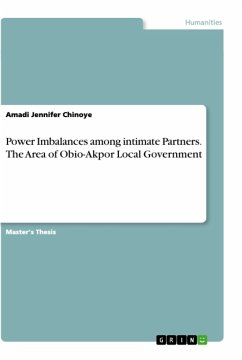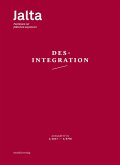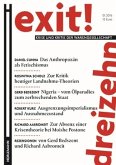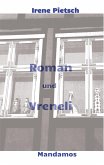Master's Thesis from the year 2021 in the subject Gender Studies, University of Port Harcourt, course: Master's in Conflict and Gender Studies, language: English, abstract: People tend to believe that power imbalance that women and men experience in an intimate relationship is natural, the way it should be and of course, something that should not be debated. The problem with this argument and/or generalisation is that it usually suggests that hegemonic masculinity should not be interrogated. In Africa, power imbalances are one of the challenges that have limited women in society. This practice is influenced by culture, religion, traditional practices and laws which influence perceptions, and expectations of people in intimate relationships. This study, Power imbalances among intimate partners in Obio-Akpor Local Government Area encapsulate the dynamics of gender power relations that exist in intimate, heterosexual relationships in four communities.This study seeks to examine intimate partners' perception of decision making, the extent of its social acceptability and relevance of their socio-economic circumstances towards power imbalances. The population for this study was twenty-seven thousand three hundred and fifty-five. Sample size was calculated using the Taro Yamame determination technique which stood at three hundred and ninety-four. The study employed a survey research design which consisted of twenty-two items on a four-point Likert scale of (Agree, Strongly Agree, Disagree, and Strongly Disagree). Simple percentage (%) and frequency table was used to analyze the data. The study found that partners socio-economic circumstances did not reflect a significant degree of influence on power imbalances. This study therefore, recommend for responsive gender equality programmes that support and empower both partners.
Bitte wählen Sie Ihr Anliegen aus.
Rechnungen
Retourenschein anfordern
Bestellstatus
Storno








